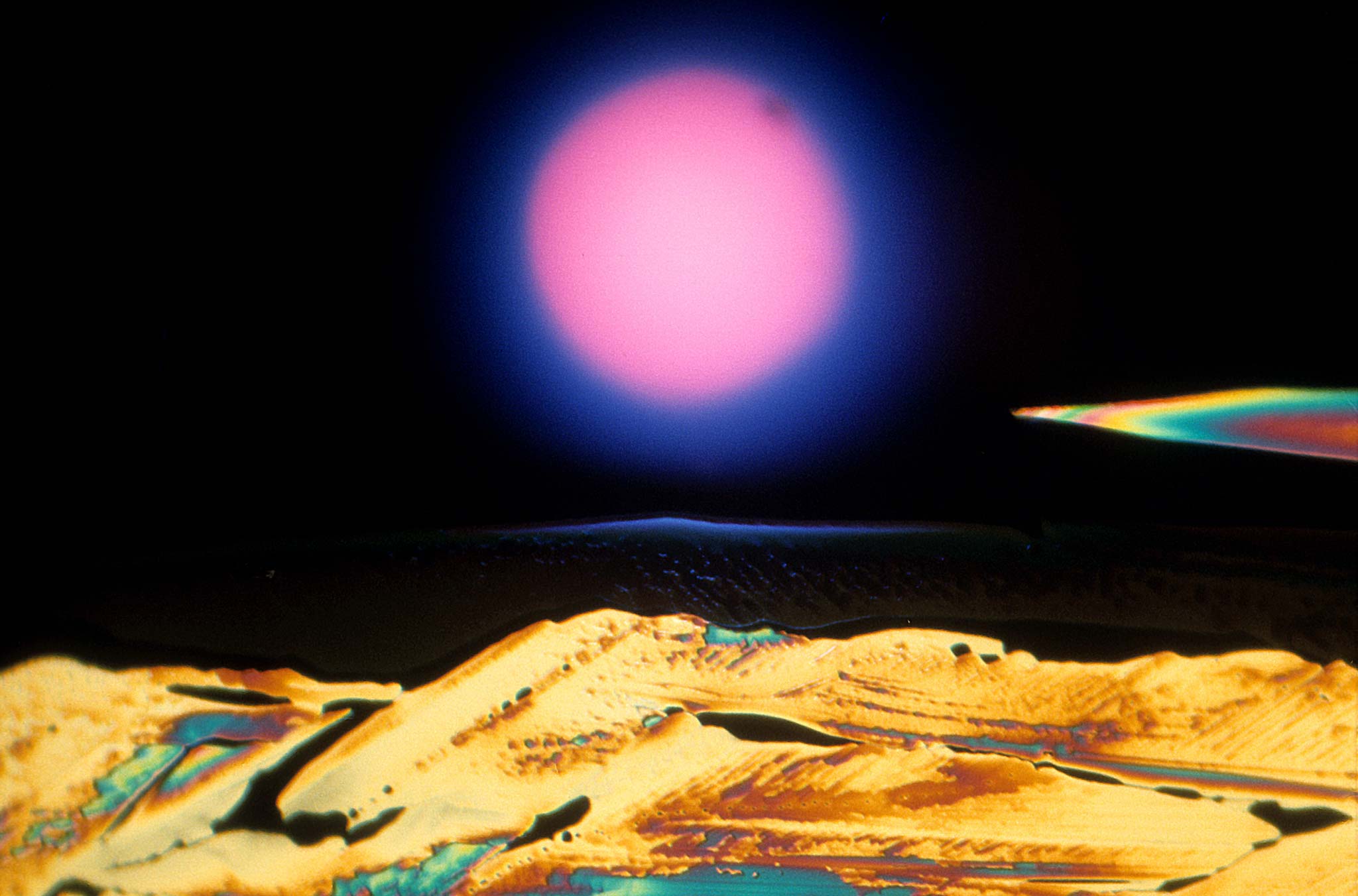Through the years I’ve noticed that quite a few Hollywood films play fast and loose with any other language than English.
I was watching Oppenheimer yesterday and the titular character was supposed to be speaking Dutch fluently, but the actual lines spoken were mostly jibberish, and more like German than Dutch. As a native speaker, I found this quite jarring and sloppy. Though I can imagine that to non-native speakers this would probably fly under the radar.
This got me thinking if there were more examples of shoddy translation, weird pronunciation, mishandling of language or dialect that you as a native speakers have noticed when watching movies?


All the time, and at least for Europe, it seems that the further east you go, the worse it is. I suppose it’s a bit justified since the pronounciation is very difficult for your standard English speaker - especially for slavic languages or languages with slavic influences.
Dutch probably makes sense to be in this category too, with its pronounciation quirks. I’d imagine it would be similar for Danish as well?
It’s a bit unfair to expect actors to learn languages up to the native level in the relatively short time of making a movie. Unless they’re already a speaker of the language, going to almost native levels takes a huge anount of time. It’s also not fair to compare with non-natives speaking English since the exposure to English is quite larger in media people consume than other languages, I think.
deleted by creator
Correctly pronouncing a language to the level that it’s indistinguishable from a native is one of the biggest (if not the biggest) hurdles to learning a new language. It seems easy but I would wager that exclusively germanic-language speaking people are not able to properly pronounce, say, Chernobyl. (If you watched Brooklyn 99, their running joke with Nikolaj is very accurate)
To one’s own ear, filtered through their own perception of the sounds they know and put together to speak the words, it sounds OK. But do try to learn to order a coffee in the local language when you go somewhere and see if they respond in English or not. This may vary between people and their background - say a Swede might pull it off in Norway. But send the Swede to Slovakia and it might be a bit more difficult. Look up the pronounciation for Gulden Draak (spelling?) if you’re not Dutch and have some fun with that.
Edit: this is also why shibboleths are a thing
You are correct :)
You have to be able to hear and to reproduce the sounds of the language.
I’m French, and I have an Italian friend. She can’t hear the difference between \u\ and \y\ For her, “dessus” (above) and “dessous” (below) have the same sound.
And I’ve never been able to reproduce the sound \r\ . I can only say \ʁ\ , which ruins any attempt to say something as simple as “ragazza” (girl).
I wonder how hard it is to have the actor attempt to say the words in another language, but then dub over it so at least the mouthing looks right now it visually passes as them saying it themselves with proper pronunciation.
Performers have lipsynced after all on live stage. So extra post edits could help even further with the illusion.